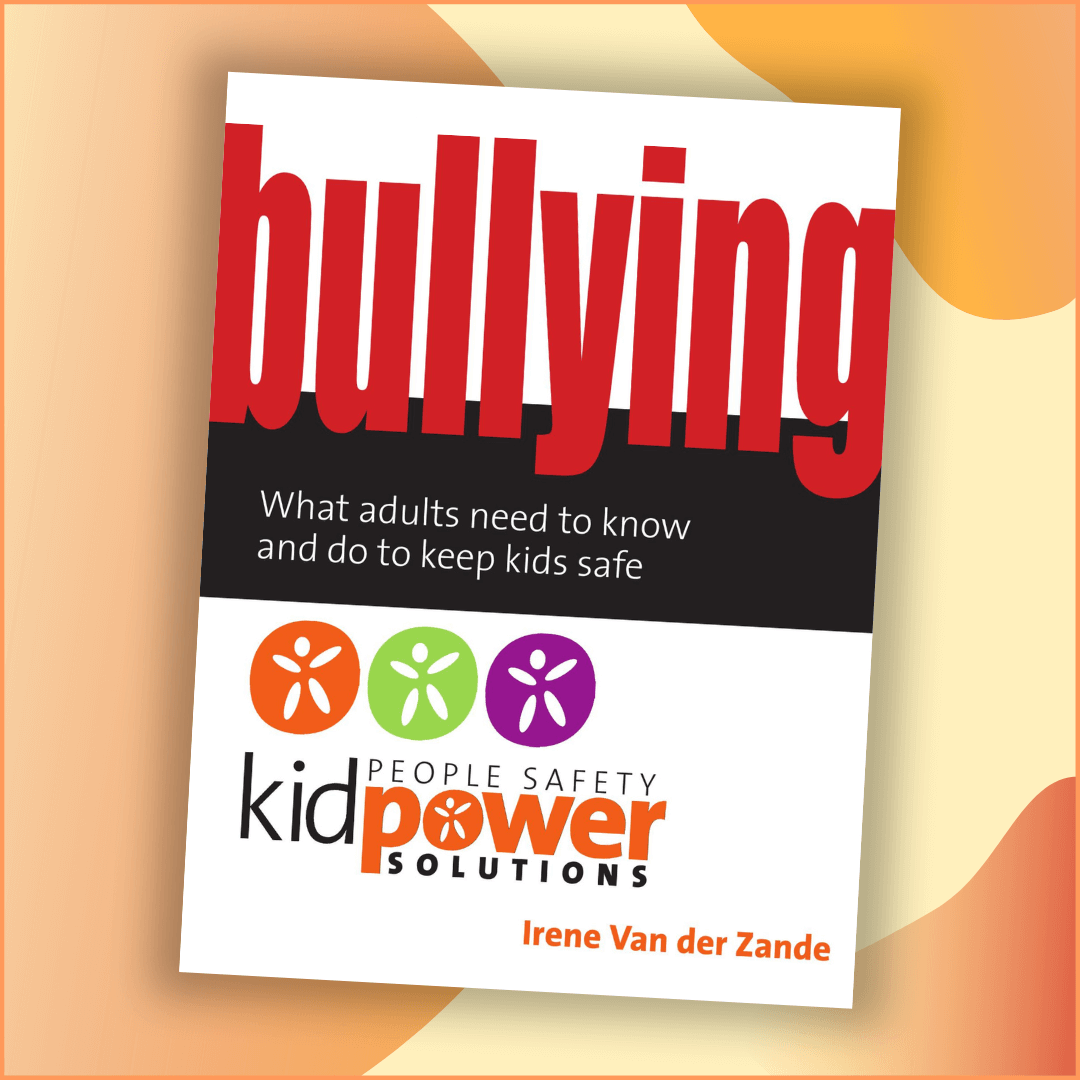 by Suki Wessling
by Suki Wessling
Professor at Athena’s Academy
I wrote some thoughts on lexile levels for my Book Explorers’ parents today.
Hello parents,
I am always looking for ways to make the course more welcoming for all levels of readers, and it occurred to me that there is information you can easily access that might help. If you have a student who is not yet an independent reader of full-length novels, they are still welcome in the course. However, you might want to consider reading out loud or using audiobooks for your developing reader.
Why read out loud?
Reading and listening are two different skills. Kids develop the ability to listen to and understand complex language before they learn to read language at the same level. A lot of our gifted kids are asynchronous learners, so it’s not surprising when a child can take part in higher level conversation but still reads at a lower level.
How to find the lexile level of a book:
Reading specialists assign a number to children’s books that roughly corresponds to the complexity of the structure and vocabulary used in the text. You can use this number to get a general sense of whether a book is appropriate for independent reading, or whether it’s better to do a read-aloud or listen to an audiobook.
Use this process:
- First, identify a book or two that your student read and found appropriately challenging
- Do a search for “BOOK NAME lexile level” and take note of the level
- When a book is assigned to your child, repeat the search process
- If the assigned book is slightly higher, it might just be a nice challenge, but if it’s in a whole different category, it will be a good candidate for a read-aloud
Search for “Scholastic lexile levels for parents” for a further information about lexile levels. In any case, I highly recommend reading together. It’s amazing how many great family conversations come from listening to books together!
As always, feel free to reach out if you have any questions. suki@sukiwessling.com
Recent Posts




